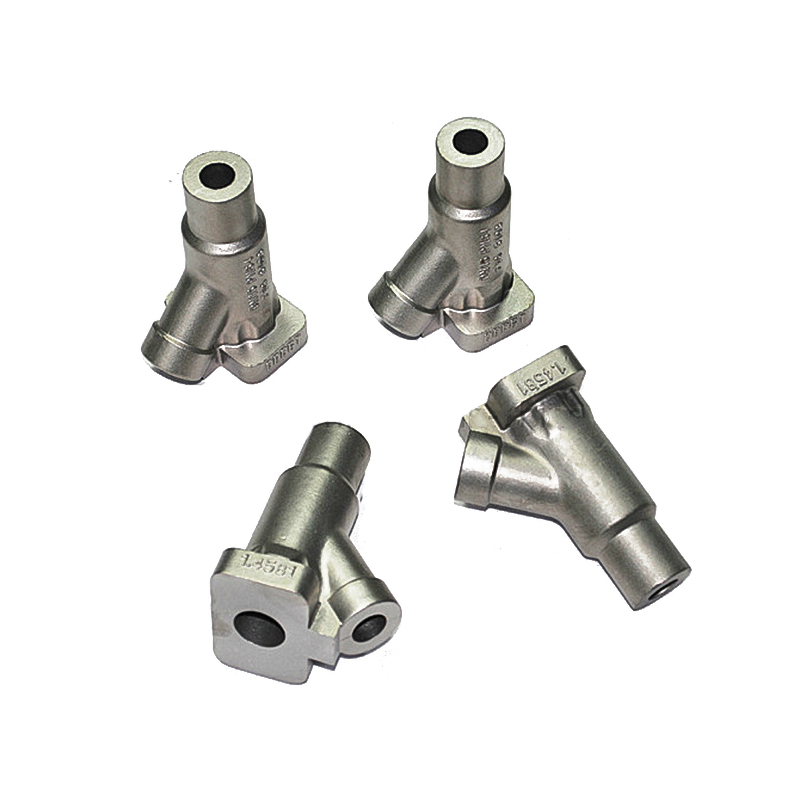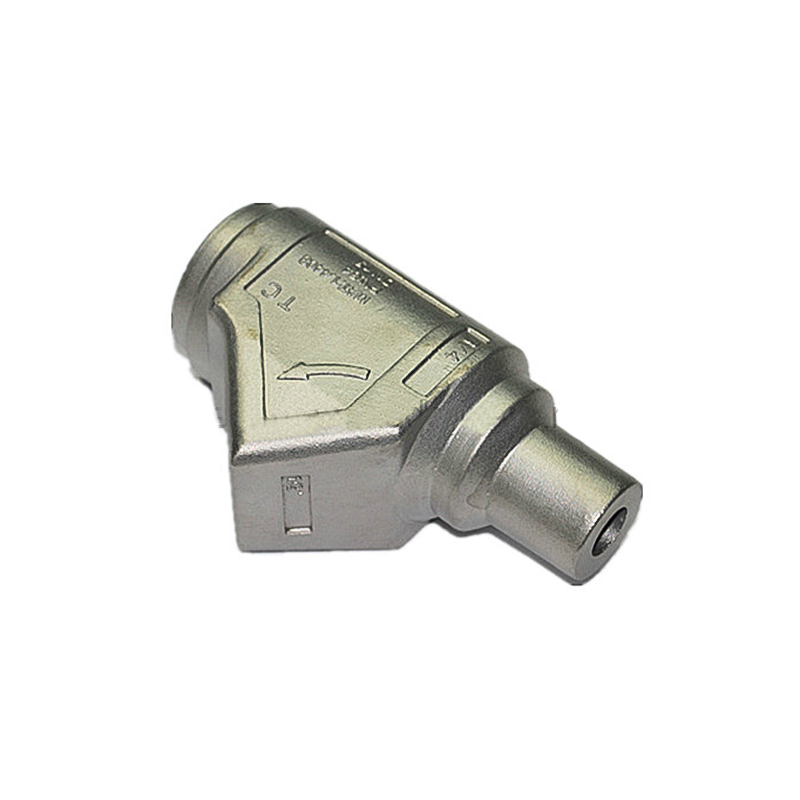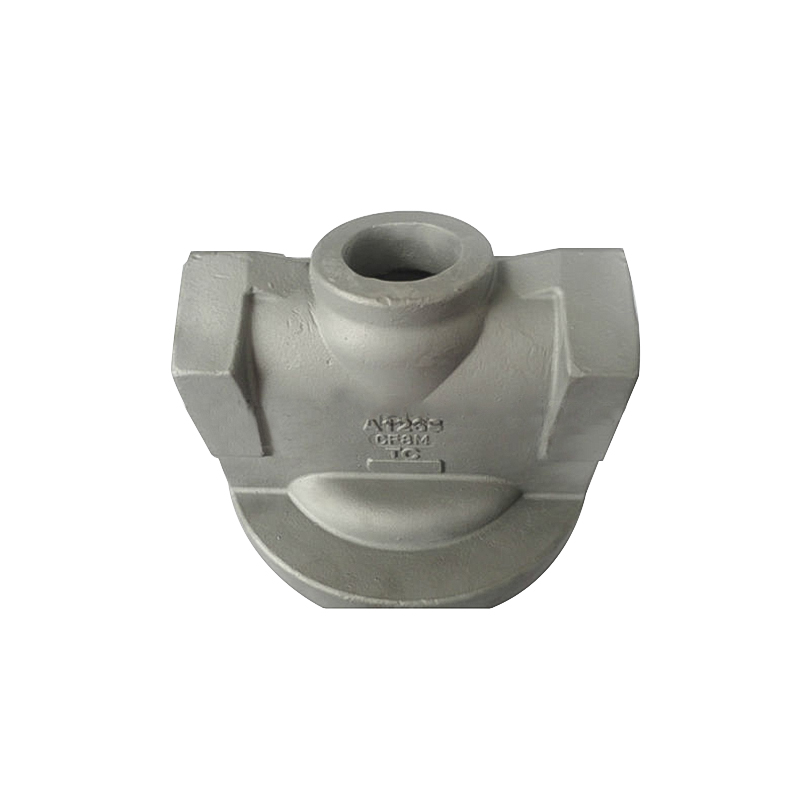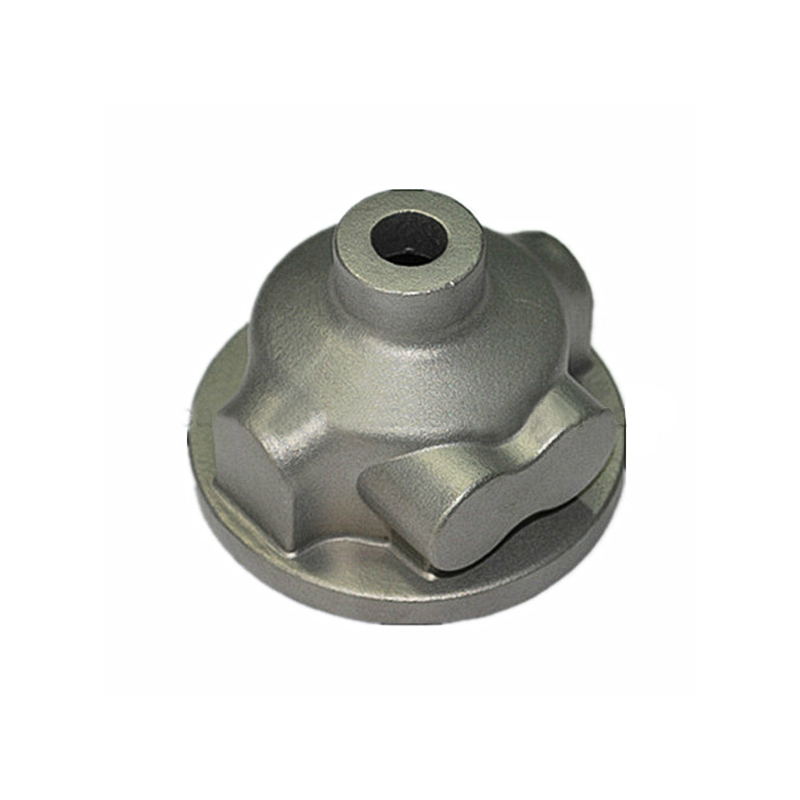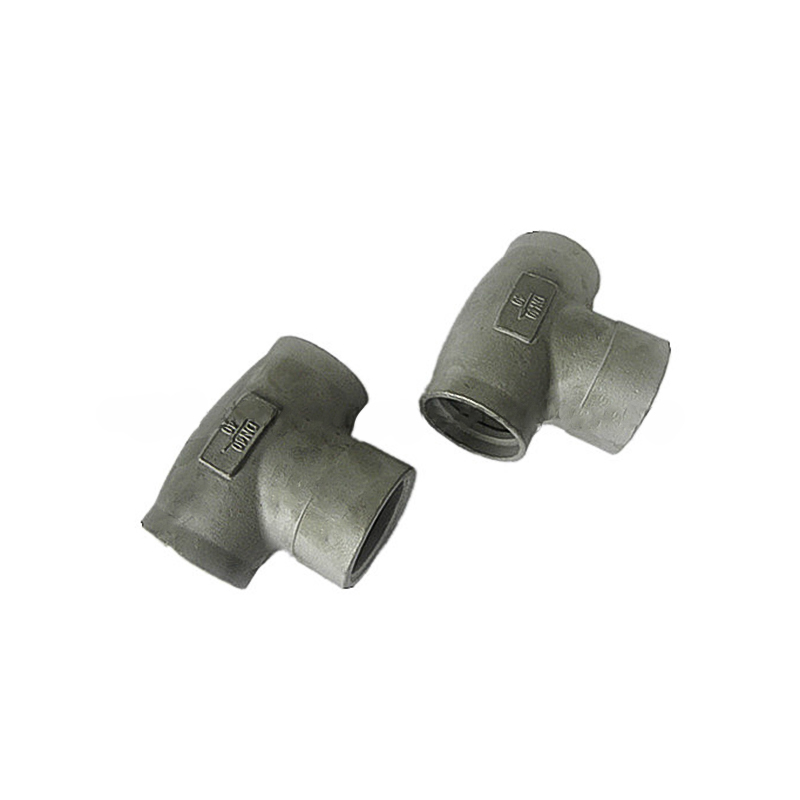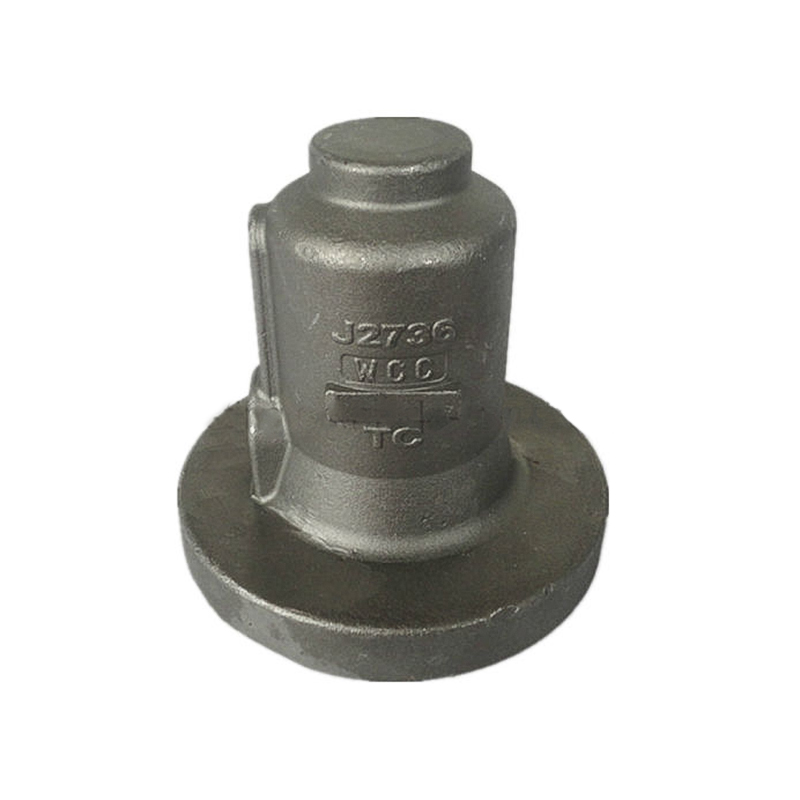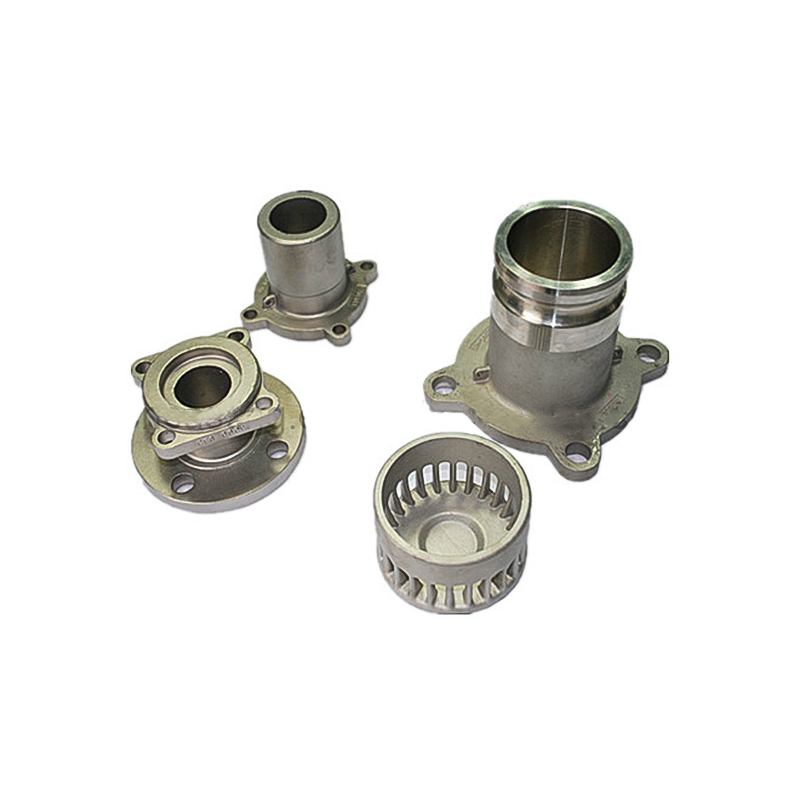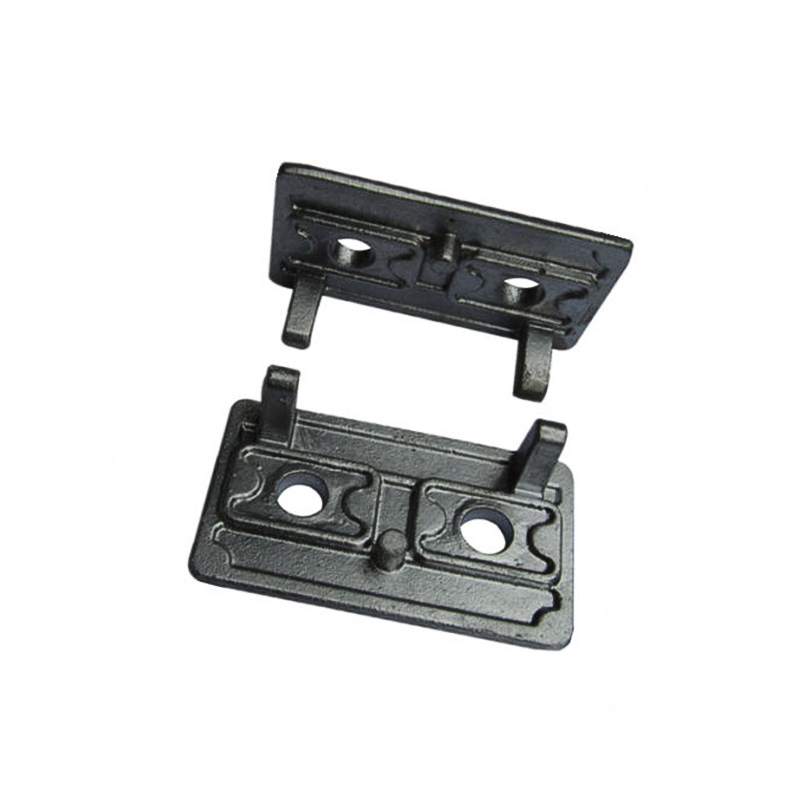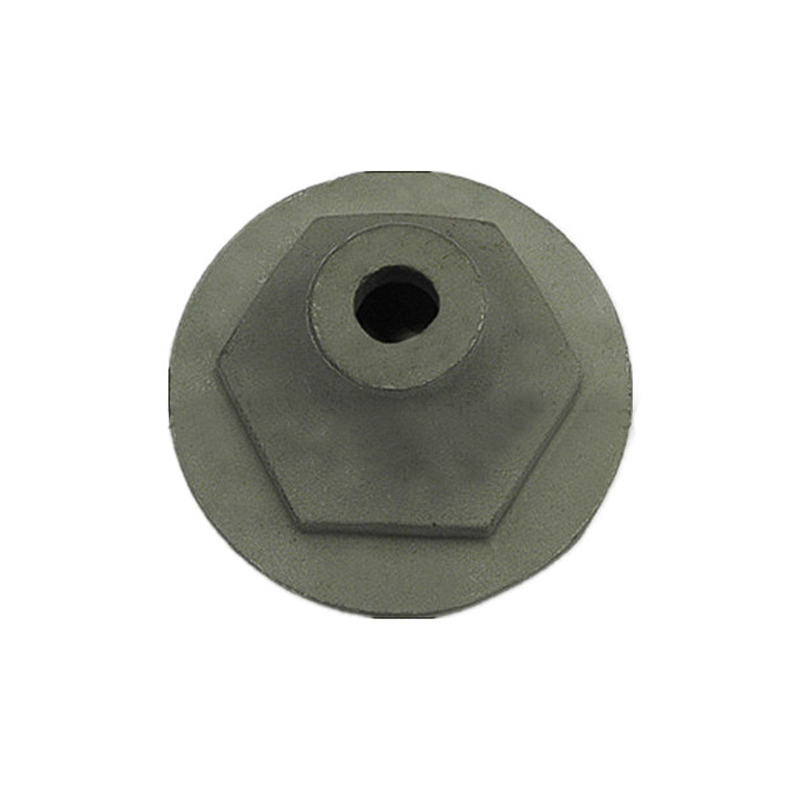How to enhance the corrosion resistance and wear resistance of valve casting parts?
How to enhance the corrosion resistance and wear resistance of valve casting parts?
Valve casting parts play a key role in transmission systems that need to control fluids. Since valve casting parts are usually exposed to harsh working environments, enhancing their corrosion resistance and wear resistance is essential to ensure the long-term stability and efficient operation of valves.
The selection of high-quality casting materials is the basis for enhancing the corrosion resistance and wear resistance of valve casting parts. The material of valve casting parts usually needs to have strong corrosion resistance and oxidation resistance. Materials such as stainless steel, alloy cast iron and copper alloy are widely used in the manufacture of valve casting parts due to their excellent corrosion resistance. In particular, stainless steel alloys used in chemically corrosive environments can effectively resist the erosion of most acidic and alkaline substances. For valve casting parts exposed to seawater or humid environments, aluminum alloys or titanium alloys are more suitable choices because these materials have excellent seawater corrosion resistance.
The wear resistance and corrosion resistance of valve casting parts can be improved through surface treatment technology. Common surface treatment methods include electroplating, spraying, heat treatment, etc. By electroplating or spraying a protective film, corrosive substances in the external environment can be effectively isolated, reducing the direct contact between valve casting parts and these substances, thereby extending their service life. For example, chrome plating or nickel plating can greatly improve the surface hardness and corrosion resistance of valve casting parts. For valve casting parts used in particularly high temperature or high pressure environments, heat treatment technologies such as quenching and tempering can improve the hardness and strength of the material, thereby improving its wear resistance and reducing the rate of wear during use.
Surface spraying is also a common technology to enhance the wear resistance and corrosion resistance of valve casting parts. By spraying ceramics, carbide or other corrosion-resistant materials, a solid protective layer can be formed on the surface of the valve casting. This layer can not only effectively prevent erosion by corrosive media, but also increase the surface hardness, reduce wear, and improve its wear resistance under high flow rate and high pressure conditions.
Good design can reduce stress concentration on the surface of valve casting parts, reduce the probability of corrosion, and optimize the design of fluid channels to reduce the impact and friction of fluids on the inside of the valve. This not only helps to extend the service life of valve casting parts, but also helps to improve the sealing and fluid control performance of valves.



 English
English Deutsch
Deutsch 简体中文
简体中文
